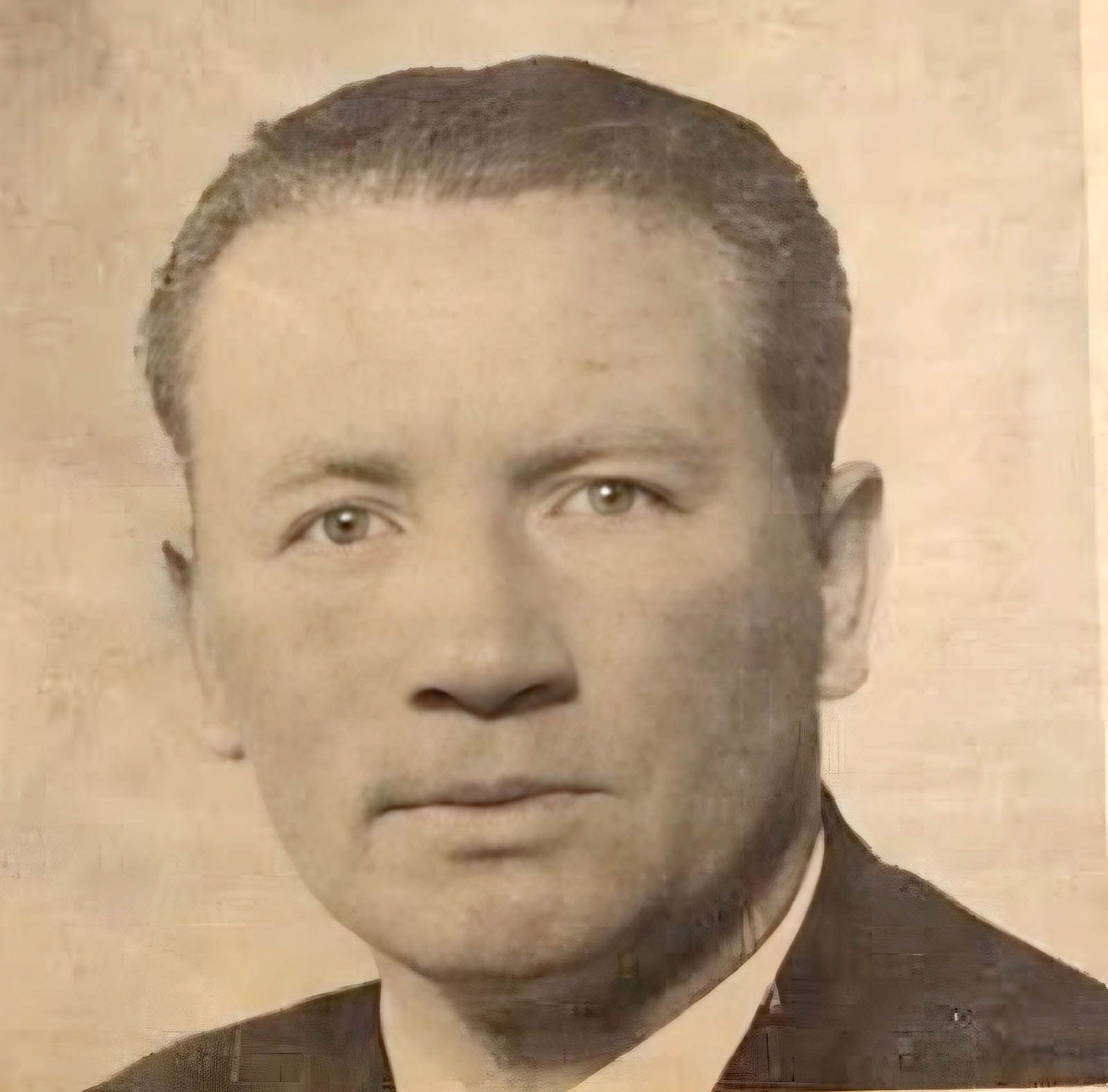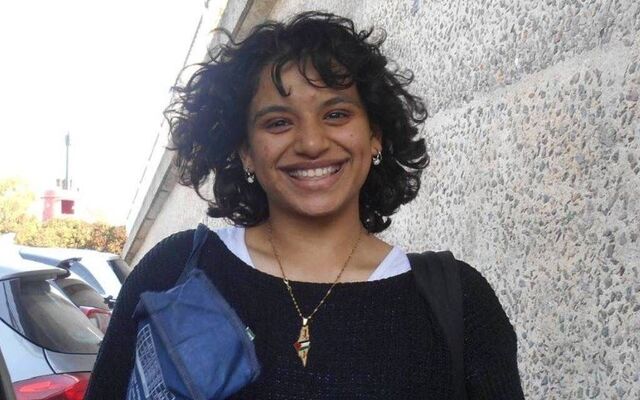A WEST Belfast socialist and lifelong republican has been remembered on his 50th anniversary.
Liam McMillen (47), also known as Billy, was shot dead on April 28, 1975, during a truce in a feud between the Official IRA and the INLA.
Born in the Lower Falls in May 1927, he came from well-known republican family. His mother Sarah was a courier for the Irish rebel James Connolly, North and South. His eldest brother Bob McMillen, another veteran, was heavily involved in republican politics and was a huge influence on Billy.
Another brother, Art, wrote the famous rebel song 'The Broad Black Brimmer' along with many other songs and poems.
Liam joined the IRA at the age of 16 and spent time in Crumlin Road Gaol on political charges.
During the 1950s border campaign he was interned without trial for four years under the Special Powers Act.
In 1964, he ran in the Westminster general election for Sinn Féin.
He set up his campaign headquarters in a shop in Divis Street and when he placed an Irish tricolour and Starry Plough banner in the window of his election office, a heavy handed RUC attempt to remove the flags sparked a riot between republicans, loyalists and the RUC.
In 1966, Liam chaired the committee which organised the 50th anniversary of the Easter Rising, with 12,000 people taking part and 40,000 people lining the Falls Road to watch.
In 1967, he was involved in the formation of the Northern Ireland Civil Rights Association and was a member of a three-man committee which drew up the Association's first constitution.
He was elected on to its first executive and remained until the introduction of internment in 1971.
Liam is also fondly remembered as one of Belfast's most influential Gaels. In 1969 when five families with a passion for the revival of Gaelic language and culture acquired land and built houses on the Shaws Road to form Bothar Seoighe Gaeltacht, Liam made a generous donation of £10,000.
Following the August 1969 riots, bitter acrimony developed over the IRA's failure to protect nationalist areas, leading to a split. In April 1970, Liam McMillen was shot and wounded by Provisional IRA members in the Lower Falls area.
In July 1970, the Official IRA had their first major confrontation with the British Army, in what became known as the Falls Curfew. Liam McMillen blamed the Provisionals for instigating the incident and then refusing to help the Officials against the British.
The ill-feeling eventually led to an all-out feud between the republican factions in Belfast in March 1971. The Provisionals attempted to kill Liam McMillen again, as well as his second-in-command Jim Sullivan.
In May 1972, the Official IRA called a ceasefire, a move which Liam supported.
He went on to serve on the Ard Chomhairle of Official Sinn Féin.
A third attempt on his life proved fatal. On April 28, 1975, Liam McMillen was shot dead by INLA member Gerard Steenson near a hardware shop in Spinner Street while out with his wife Mary.
He was hit in the neck and died on the scene. His killing was unauthorised and was condemned by INLA/IRSP leader Seamus Costello.
Speaking to the Andersonstown News, Terry McMillen says his great-uncle is remembered proudly.
"He really was a genuine man who deserves his place in Irish republican and political history. He was a true Gael," he said.
"Listening to a lot of old republicans over the years they had nothing but admiration for him.
"Irrespective of the split in 1970, he did a hell of a lot for the people of the Falls Road and West Belfast through the 1940s, 50s and the 60s.
"I think it’s sad that so many great Irishmen and women lost their lives on all sides of the splits. The only winners were the Brits
"After the republican movement's failure in ‘Operation Harvest’ in 1956 to 62, he took the movement from literally a few volunteers to over 120 by the late '60s.
"He was only married a few weeks and had moved to Earlscourt Street when he was gunned down sitting outside Harden's paint shop on the Falls Road at the top of Spinner Street after a truce was struck between the Officials and Costello, the INLA leader.
"The McMillen family will always remember Uncle Liam with pride and honour."







